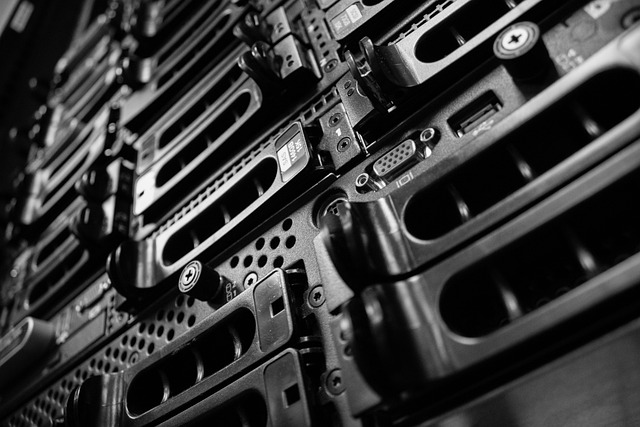Once the website encounters malicious attacks, it is likely that the threat of stopping service interruption, information leakage, brand reputation, and loss of user trust damage. Therefore, conscious defense malicious attacks are necessary. There are several ways to deal with website attacks!
keep alert
First keep alert, don't panic. Malicious attacks may be sudden or random.
Isolation by the attack server
If the attack is performed on a specific IP address or user, try to isolate the attack server to prevent the attack of the attack.
real time monitoring
Enable real -time monitoring tools to track the attack behavior and understand the type, source and influence of attacks.
defense
Enable security measures such as fire walls, invasion detection systems (IDS), and invasive defense system (IPS) to prevent attack traffic from entering the server.
Strengthen certification and authorization
Make sure that only authorized users can access sensitive pages and functions. Strengthen identity verification, password strategy, etc.
Banning malicious IP
The IP address of the attacker is banned by the firewall or safety equipment to prevent them from continuing to access.
Safe update
Make sure the operating system, application, and plug -in of the website are the latest versions to repair the known loopholes.
Notification service startup
If your website custody is starting with cloud services, notify them to the attack situation to obtain support and suggestions.
Backup and recovery
Make sure that there is a regular backup strategy and test the availability of backup. If the attack causes data damage, it can be recovered in time.
Contact professional security team
If the situation is serious, you may need to contact a professional network security team or consulting agency to conduct in -depth investigations and analysis.

Information Sharing
If the attack involves sensitive information, considering whether to inform relevant legal departments, users, etc.
Continuous monitoring
After returning to normal, continue to monitor the website to ensure that there are no backdoor or potential loopholes.
In order to prevent and cope with these malicious attacks, website administrators and enterprises need to use multiple network security measures, such as using firewalls, intrusion detection systems, DDOS protection and other methods to protect the websites. Regular security audit, vulnerability scanning and emergency response plan must also be one by one. In terms of arrangement, there are many types of attacks on the website. The measures should be different from the degree and type of different attacks. It is recommended that some security measures are taken daily The help of network security personnel will restore the normal service of the website as soon as possible.

 EN
EN
 CN
CN








